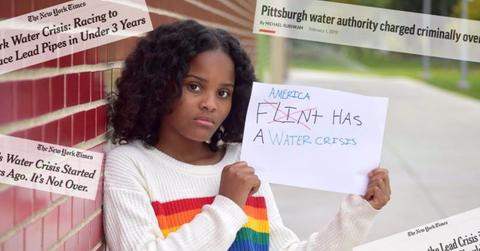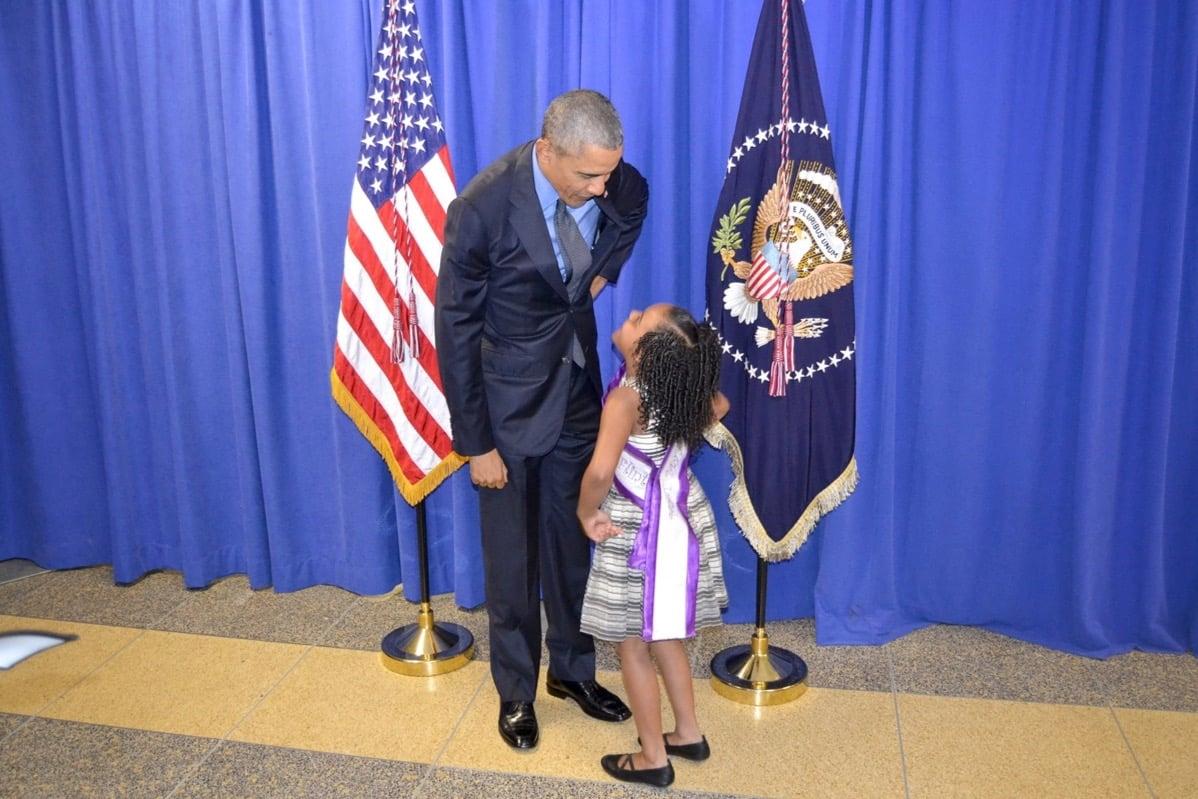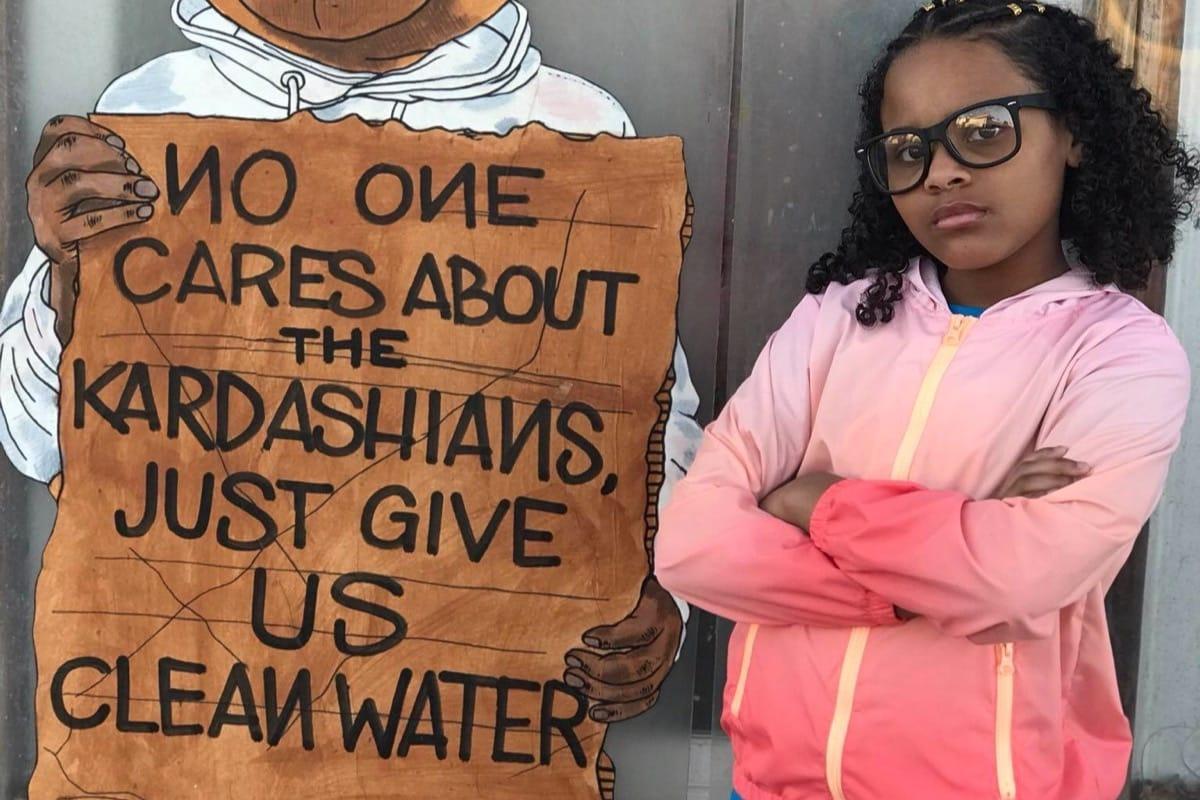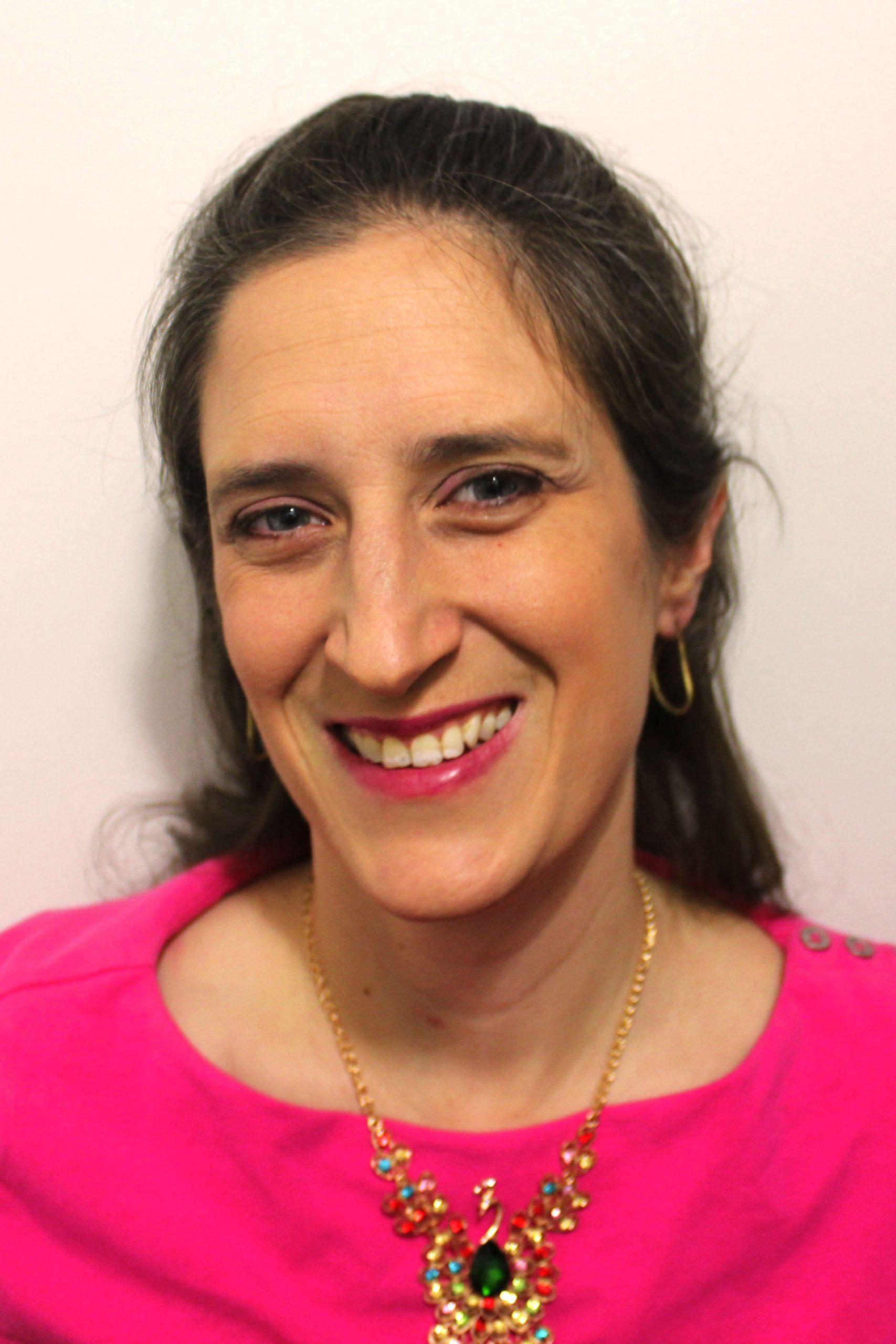After 7 Years Without Clean Water, Little Miss Flint Launches Clean Water Fund To Bring Water Filters To Communities
Mari Copeni is a 13-year-old from Flint, Michigan who’s been doing some pretty important work for her community. Recently her GoFundMe account came across our radar. Commonly known as Little Miss Flint, she’s raising funds for a clean water project for her city and many others like hers that lack safe, clean drinking water.
Clean Water Crisis Myths
When most of us hear about areas without clean water, we think there’s either been a recent disaster or the location is found in a developing country. The reality is, though, that America has many cities with long-lasting unclean water problems, like Flint, Michigan. Copeni has been raising awareness about the unsafe water in her town in Michigan, since she was eight years old, stating, “Flint Michigan has been without clean water since April 24, 2014.”
Flint isn’t the only place with this clean water crisis. Newark, New Jersey, Pittsburg, Pennsylvania, New York City, Navajo Nation, East Chicago, Indiana, Puerto Rico, and many other locations across the USA are dealing with this same problem: contaminated and dangerous drinking water.
What’s Making The Water Dirty?
Several things are making the water unsafe for drinking and bathing around the country. Lead pipes, for example, are part of the problem. In Chicago, Flint, and many other locations, the lead is leaching into the water from the pipes, creating heavy metal poisoning issues.
In some locations, toxic waste has damaged the water supply. Locations such as Brady, Texas have received excessive citations for water quality due to radium, which is a radioactive substance known to cause cancer. As of 2020, the city still needed to raise over $22 million to redo the entire water system to reduce the contaminants.
Chemical dumping and leaching is another major problem. Airway Heights, Washington, a suburb of Spokane, is a prime example of this with polyfluorinated alkyl substances (PFAS) from the firefighting foam and products leaching into the groundwater from the Fairchild Air Force Base nearby. These substances also cause cancer, along with fertility issues and other health problems.
Who Is Little Miss Flint?
Mari Copeny has been fighting for clean, safe water access for her community since she was eight years old. Now, at age thirteen, she’s raised nearly $500,000 via her GoFundMe account for this cause, as well as raising and donating over one million bottles of water for families impacted by the Flint Lead Crisis.
Since then, she’s partnered her efforts with a socially responsible water treatment brand (Hydroviv) to maximize the use of donated funds and reduce single-use plastic water bottles.
The Socially-Responsible Water Filtration Company She’s Working With
Hydroviv is the partner company that Copeny is working with for her efforts at cleaning up the water in America. The company was founded by a Ph.D. chemist in response to the Flint Lead Crisis. According to the brand’s website, “We recognized that the consumer-grade filters that would be distributed to Flint residents would fail prematurely because they were not designed to handle the high lead levels found in Flint’s water. At that point, Hydroviv was founded and began developing, building, and donating high-capacity lead removal filters to impacted families and child-centric organizations in Flint, MI.”
The company continues making custom water filters for American residents, making those filters available at a fraction of the cost of other systems.
The Fundraiser On GoFundMe
Copeny started the GoFundMe campaign on August 11, 2019, with a goal of $100,000. The campaign hit its mark by September 29, just a little over 6 weeks later. They bumped up the goal to $150,000 and quickly raised that.
Currently, the goal is $500,000 and they’ve nearly hit that mark ($5,000 shy as of the writing of this). It’s likely, the goal will be raised again soon, as the funds keep providing that much-needed safe water.
For the GoFundMe campaign, Hydroviv is selling their filters at break-even cost to improve accessibility and distribution.









